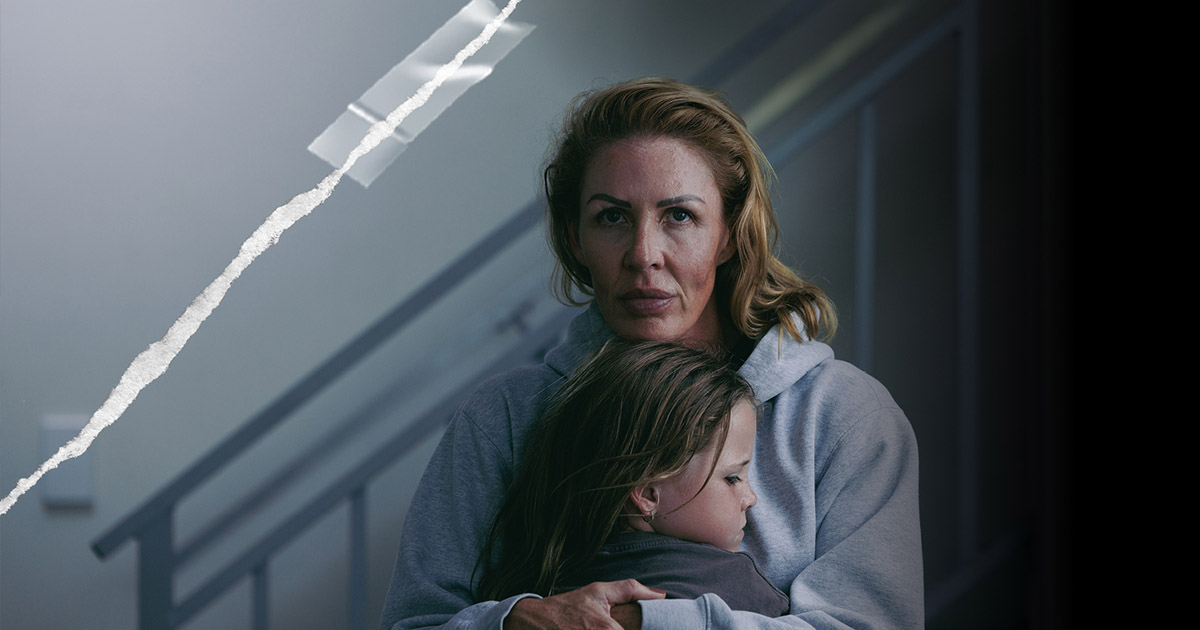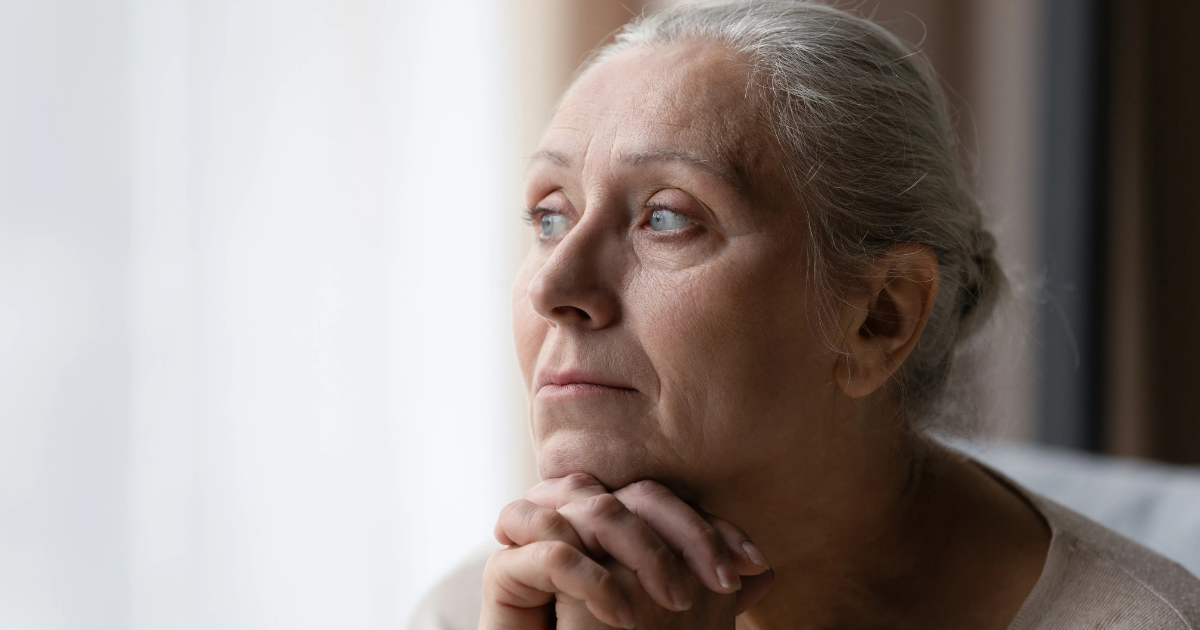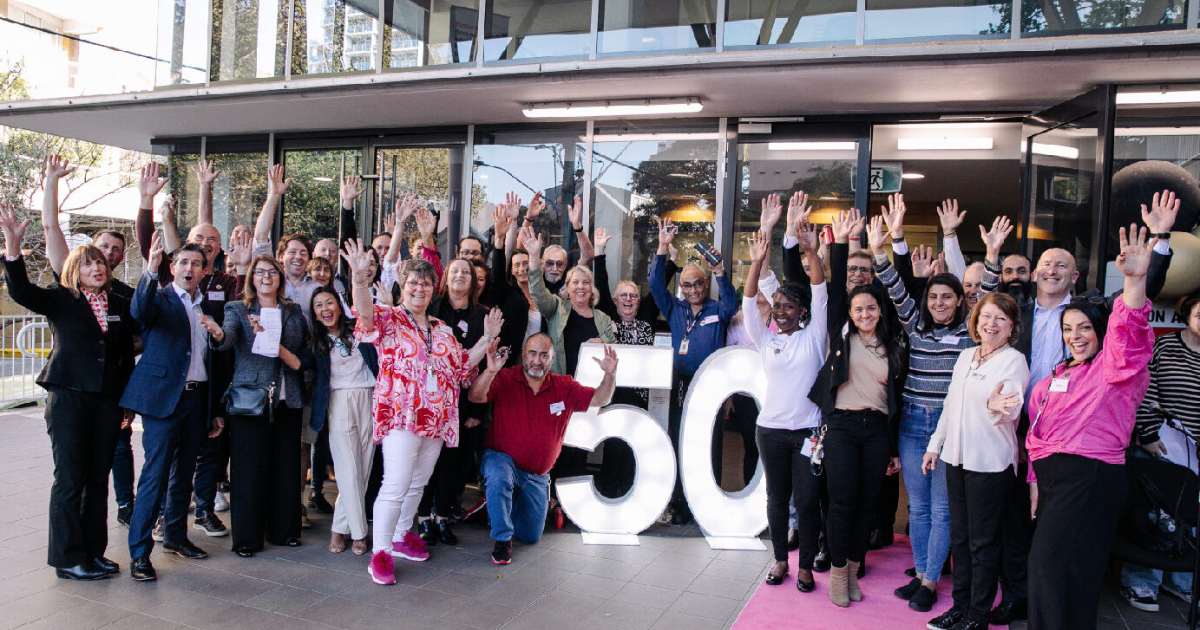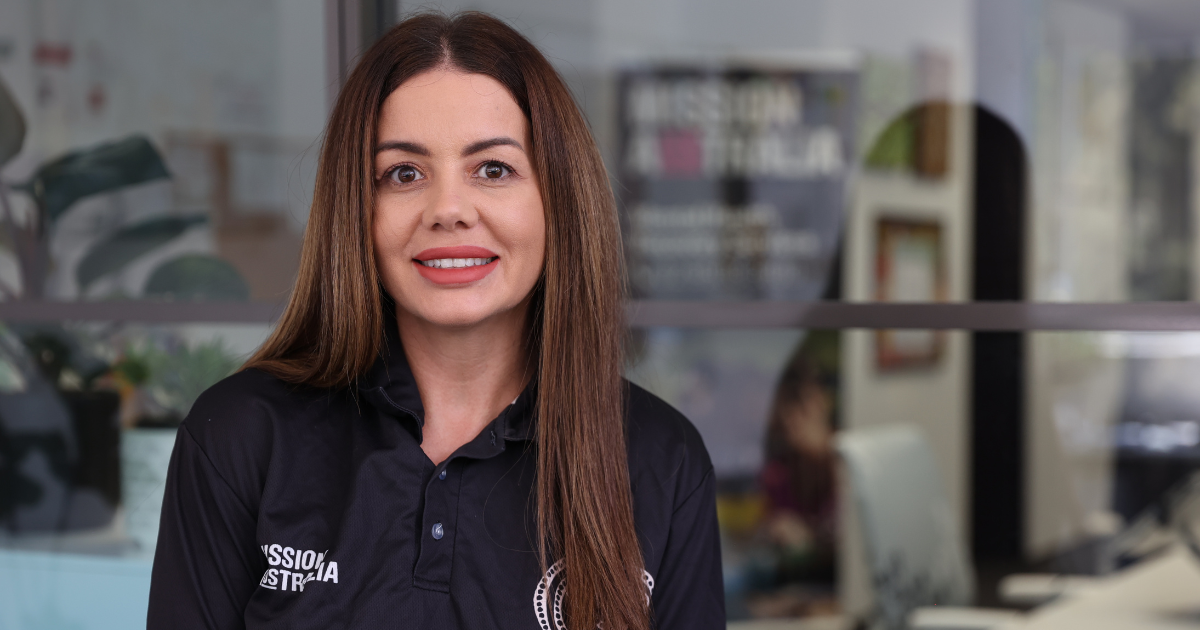Afraid for her life - Eliza knew she had to escape
- Details
Eliza* and Aaron* had been married for several years and had five children together. While Aaron was incarcerated for drink driving offences, Eliza took the opportunity to go to police to report historical domestic and family violence. She told police that Aaron had a history of alcohol and drug use and had perpetrated domestic and family violence. At times, this included extreme verbal abuse, threats to kill Eliza and the children, accusations of affairs and physical violence. Eliza reported that on one occasion Aaron held her at knife-point while pregnant. She desperately wanted to escape the situation, but was too fearful. She contacted police on several occasions to tip them off when Aaron had been drinking and driving, leading to his incarceration.
In the ABS 2012 Personal Safety Survey, an estimated 53% of women who experienced some form of physical assault by a male reported that alcohol or drugs had been involved.1
Apprehended Violence Orders were put in place against Aaron and he was sentenced to a Good Behaviour Bond for domestic and family violence related offences.
Eliza struggled as a single parent. Her eldest son would mimic the misuse of power and control his father demonstrated, forcing Eliza to relive the trauma she endured. This put increased pressure on Eliza as she sought to care for her other children who needed support after the violence they were exposed to.
Even though we had escaped my husband, I felt like we couldn’t escape the trauma he had caused our family.Eliza
In addition to dealing with trauma, one of Eliza’s daughters had a serious medical condition. Her ability to attend medical appointments and pay for treatment was made difficult due to the constant supervision and attention required in caring for her triplets. She wanted to enrol the triplets into mainstream child care but struggled to find an appropriate arrangement due to a lack of vacancies and the family’s remote location.
Everything felt so difficult. It was a never-ending cycle of just trying to survive.Eliza
When Mission Australia started working with the family, Eliza was extremely fearful. She had low self-esteem and extreme fatigue due to the high demands of caring for her children. The support worker helped Eliza focus on prioritising her family’s safety, aiding her healing process and building her confidence as a parent. Staff also helped Eliza find in-home child care, allowing her to return to part-time work.
The triplets now attend a local mainstream child care centre one day per week, which has significantly improved their wellbeing. All three are now meeting their developmental milestones. Since implementing these changes, Eliza has reported a significant improvement to her mental health and wellbeing. She has also taken her son to a psychologist, which has helped improve his behaviour and their relationship. With the help of the case worker, Eliza’s eldest daughter is being supported to access and navigate the NDIS and is enjoying school.
Eliza now has a strong support system around her, including Mission Australia staff, domestic violence liaison officers, family, friends, colleagues and neighbours. Mission Australia has helped her apply for Victims of Crime compensation, helping her fund the installation of security, surveillance and safety technology in her home.
Despite the difficult road she has endured, Eliza continues to show resilience and strength in her journey of healing and recovery. She has consistently thanked her case worker for the support provided, and her son recently said to the case worker: "Thank you for trying to keep us safe. I've really liked you coming over. It's been great."
Know someone affected by domestic and family violence?
If you are experiencing abuse or violence it is not your fault. There are support services that can help you. If your life is in danger, call 000. For 24/7 domestic violence counselling call the National Sexual Assault, Family & Domestic Violence Counselling Line on 1800 RESPECT (1800 737 732).
Where to get help
Acknowledging that one of your relationships may be unhealthy or potentially harmful can be overwhelming to cope on your own. It can also be difficult to see the bigger context when trying to look at a relationship outside of our own lens. Whether it’s a relationship you need help navigating, a behaviour you want to change or advice to support a loved one involved in an unhealthy relationship, reach out to:
- If your life is in danger, contact emergency services on 000 immediately.
- Lifeline —13 11 14 or chat online.
- MensLine Australia —1300 78 99 78.
- Relationships Australia — 1300 364 277.
*Names changed to protect the people we help
1Australian Bureau of Statistics (2021-22), Personal Safety, Australia
Related news and stories
Read about what we’ve been working on, our stance on important social issues and how you make a difference to vulnerable Australians' lives.

Three priorities at the 2025 Federal Election

From fear to freedom: Cass’ story

Women helping women: Karla’s story

Helping older women find safe homes

Celebrating 50 years of helping people in Surry Hills

